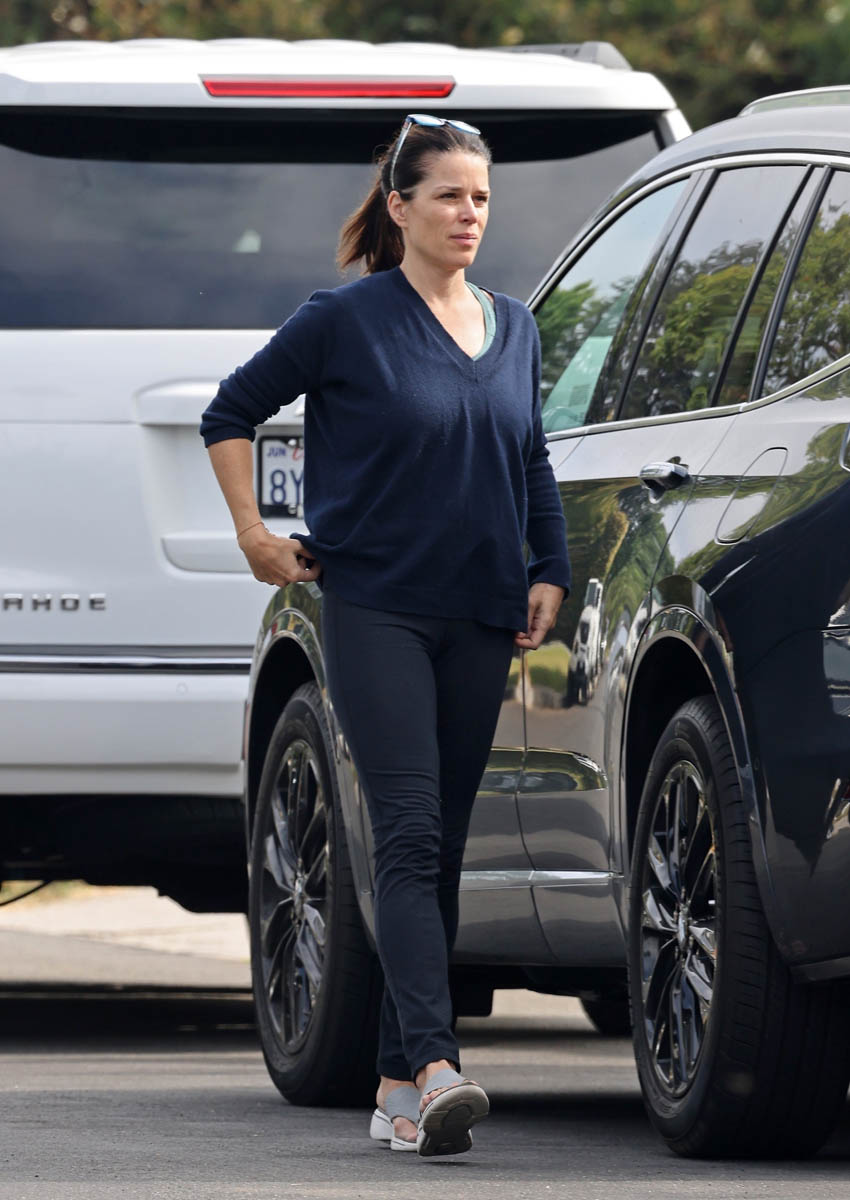Neve Campbell knows her worth



Earlier this year, Scream, the fifth movie in the Scream franchise and sadly not titled 5cream, was a hit, earning $140 million against a $25 million budget. Even by non-pandemic standards, that is a solid success story. A successful reboot means the franchise has new life and Scream 6 is set to shoot later this summer for a March 31, 2023 release date. It will, however, proceed without Sidney Prescott herself. In a statement, Neve Campbell announced she won’t return for the new movie, saying, “Sadly, I won’t be making the next Scream film. […] As a woman I have had to work extremely hard in my career to establish my value, especially when it comes to Scream. I felt the offer that was presented to me did not equate to the value I have brought to the franchise.”
So, they lowballed her. And before anyone says, “Well, yeah, but…” and points out the state of Neve Campbell’s career, 1) she works steadily and is, in fact, currently starring on The Lincoln Lawyer on Netflix, the #3 show in the US as of this writing. I know we can’t really trust Netflix’s self-reported metrics, and no one actually knows what they mean when they call something a “hit”, but The Lincoln Lawyer has been charting since it premiered, which does mean people are watching it. She’s also set to star alongside Will Arnett in an adaptation of Twisted Metal, so she’s busy. She might not be the most famous person on the planet, but Neve Campbell is not hurting for work. And 2) Scream (2022) was sold largely on the concept of Campbell and the other OG cast members returning. She was an integral part of relaunching the franchise.
Given both of those factors, and a reasonable expectation of success given the fifth movie’s rejuvenated box office, it’s not outrageous to ask for more—better—money. That’s what we do in our jobs, right? We do a good job and ask for raises and promotions and whatnot. Or, we should. Women are often discouraged from doing so, told, implicitly and explicitly, not to rock the boat by being “demanding”, which is just a demeaning word for “assertive”. But we SHOULD be encouraging more women to do this, to know their worth and ask for it. And, if you are in a position to do so, to walk when the offer isn’t good enough.
Campbell’s Scream co-star David Arquette called her departure “unfortunate”, and said, “It’s all business in a way. They have to balance all these elements to fit a budget and produce a film.” He’s not wrong, but also, back-end bonuses exist. This is what they’re for, even, to offload a portion of an actor’s salary onto revenue, keeping the overhead down on the production. However, back in 2020, Campbell and her fellow scream queen Jamie Lee Curtis talked compensation and both noted they didn’t get back-end participation on their iconic horror franchises, despite the long-running and highly commercialized aspects of those franchises. Campbell said, “There’s always the promise of back end. And then, of course, it’s drowned in publicity and costs and all the reasons they say, ‘Oh, actually no, we didn’t make the amount of money that we’re claiming we made in all the press, so that we don’t have to give you that,’ unfortunately. It was the Weinsteins.”
I mean, Bob and Harvey Weinstein were hardly the only producers to screw talent out of bonuses based on shady Hollywood math. It’s such a standard of the industry, “Hollywood accounting” is a joke people make all the time, but it’s hardly surprising they would partake in the practice.
Curtis added, “The industry has no problem when a man makes millions of dollars on something that’s a franchise. […] We as a society go, ‘Good on ya!’ But then if a woman says, ‘Well, I would like that same piece of the pie,’ I think people would think you’re being greedy, or you’re not being grateful.”
See also: ScarJo vs. Disney for a perfect, recent encapsulation of that phenomenon. But this is also what I mean, that people tend to blame a woman for asking for more, asking “to make equal”, as Campbell said, rather than condemn a system founded on such inequity. So good on Neve Campbell for knowing her worth, asking for her worth, and walking when she didn’t feel valued.






